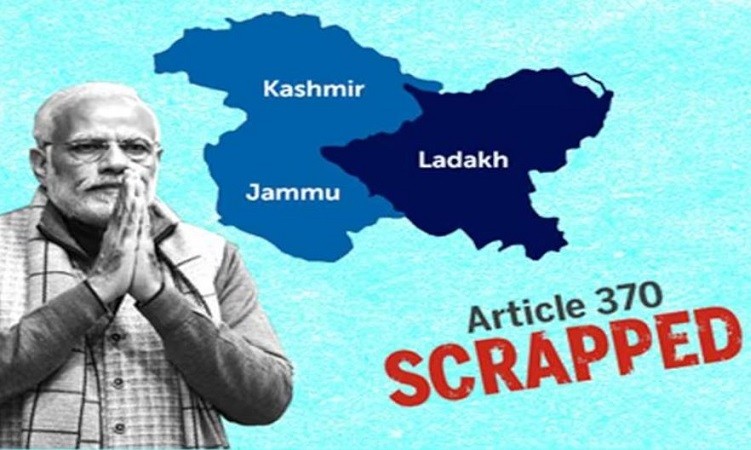
On August 5, we commemorate the fourth anniversary of a historic event that reshaped the political landscape of India. It was on this day in 2019 that the Indian government, led by Prime Minister Narendra Modi, took a momentous step by revoking Article 370 of the Constitution of India, thereby ending the special status of the state of Jammu and Kashmir.
Article 370, which was originally incorporated into the Indian Constitution in 1949, granted Jammu and Kashmir significant autonomy, allowing the state to have its own constitution, flag, and the power to make its laws, except in certain specified matters such as foreign affairs, defense, finance, and communications. This provision was intended to provide temporary autonomy to Jammu and Kashmir until a final resolution regarding its political status could be reached.
Over the years, Article 370 had been a topic of intense debate and contention within India. Critics argued that the provision had hindered the full integration of Jammu and Kashmir with the rest of the country, leading to separatist sentiments and prolonged unrest in the region. Proponents, on the other hand, viewed it as a crucial safeguard for the unique identity and rights of the people of Jammu and Kashmir.
The decision to abrogate Article 370 came as a surprise to many. The Indian government justified its action by asserting that the special status had impeded the region's development and contributed to a lack of investment and economic growth. Additionally, it was argued that the autonomy granted by Article 370 had enabled corruption, nepotism, and prevented progressive laws from being implemented in the state.
The revocation of Article 370 was accompanied by another significant move – the reorganization of the state. Jammu and Kashmir was bifurcated into two separate Union Territories: Jammu and Kashmir with a legislative assembly and Ladakh without one. This reorganization was aimed at facilitating better governance, improving administrative efficiency, and promoting economic development in the region.
However, the government's decision was met with mixed reactions both within India and internationally. While many Indian citizens celebrated the move, viewing it as a step towards greater national integration and development, there were also protests and dissenting voices, especially in the Kashmir Valley. Critics argued that the unilateral decision undermined the democratic principles and consultation process that should have been followed while making such a significant change.
The security situation in the region became a major concern after the abrogation of Article 370. The government deployed additional security forces, imposed curfews, and restricted communication to prevent any potential outbreak of violence. Several political leaders in the state were also placed under house arrest.
In response to the government's actions, some countries expressed concern over the situation and called for restraint and dialogue to resolve the matter peacefully. India defended its position, emphasizing that the move was an internal matter and that it did not impinge on the boundaries of international law.
Four years on, the consequences of the revocation of Article 370 are still unfolding. The region has witnessed significant changes in its political and administrative structure, and the implications of these changes are being closely monitored both within the country and abroad.
The situation in Jammu and Kashmir remains complex, with ongoing security challenges and efforts to restore normalcy and foster development. As the fourth anniversary of this historic decision is marked, it serves as a reminder of the delicate balance between autonomy and national integration, and the ongoing pursuit of peace, stability, and prosperity in the region.